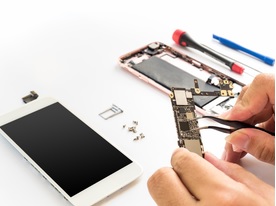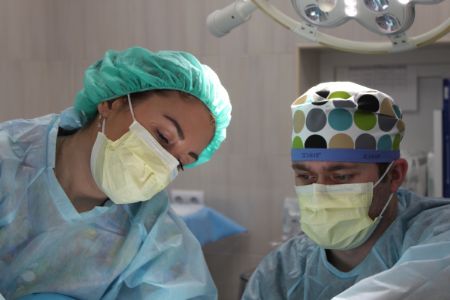
Circumcision is a safe and effective method for preventing urinary tract infection, sexually transmitted diseases and penile cancer. However, it comes with its own risks.
Preventing circumcision complications by following proper care guidelines. You can do this by applying some petroleum jelly or antibiotic cream to the tip of your baby’s penis each time you change his diaper.
Pain
Your baby’s penis may be tender for several days after circumcision. To reduce pain, change diapers frequently and apply plenty of petroleum jelly (Vaseline) to the head of their penis with each change.
Your doctor may also apply a plastibell ring during the procedure to keep your baby’s penis from moving around. This ring usually falls off within 3-8 days after application.
Male circumcision should be performed with the goal of providing as little pain as possible. We use local anesthesia and non-pharmacological techniques such as swaddling, oral sugar solutions, and acetaminophen to minimize discomfort during this procedure.
Bleeding
Most men experience complete healing after circumcision, though some may experience bleeding or pain due to the diaper rubbing against the cut edge of their penis. This can usually be stopped with direct pressure or by keeping the wound soft with some ointment.
If the bleeding doesn’t stop, speak to your GP about pain medication. Apply petroleum jelly (Vaseline) onto the head of your penis several times a day in order to keep it soft and prevent sticking to underwear.
Circumcision surgery is typically performed as a day patient procedure, meaning you won’t have to stay overnight in the hospital. If you have any queries or queries regarding the process, ask your surgeon during your consultation.
Smegma
Smegma is an organic substance that forms beneath the foreskin of an uncircumcised penis. It consists of fatty oils, dead skin cells, and moisture like sweat.
Under the skin, it may appear as white pearl-like lumps or even grits. While usually not causing pain or other symptoms, it can irritate and smell.
Smegma can accumulate to the point that it turns the head of the penis red and swollen, leading to balanitis. This condition can be uncomfortable and make it difficult to retract the foreskin, increasing the risk for infections or bladder problems. If smegma is difficult to pull back or has an unpleasant odor, contact your doctor right away for further evaluation.
Discomfort
Circumcision care can be an uncomfortable experience for some babies. They may experience swelling, redness or bleeding at the surgery site. If this persists for more than a few days, speak to your baby’s doctor.
Circumcision typically does not cause pain. Applying ointment to the wound often helps to reduce any discomfort experienced.
If your baby is experiencing discomfort with this area, give him some pain medicine (like Tylenol). Also, use a soft, damp cloth to wipe the area clean and apply new bandages with antibiotic ointment each time you change his diaper.
Sometimes, surgeons may accidentally remove too much skin or a piece of foreskin sticks to the glans during surgery. This can lead to adhesions and potential complications; in such cases, a revision circumcision may be necessary in order to resolve the issue.
Read also : Are you the one season 4 cast
Complications
Circumcision is a widespread procedure performed on newborns and young children for religious, cultural, and medical reasons. Studies have demonstrated that circumcision can reduce the rate of sexually transmitted diseases, urinary tract infections, and penile cancer.
Contrary to popular belief, circumcision cost melbourne care can present challenges for some boys and adults. Common complications include incomplete circumcision, excessive skin removal, adhesions, meatal stenosis, phimosis, inclusion cysts, as well as infection.
Complications can arise during and after circumcision when performed improperly, with non-sterile methods, or by untrained practitioners. These issues can be serious and require expert intervention for control; sometimes these issues can be managed conservatively while other times surgical reconstruction may be required.










